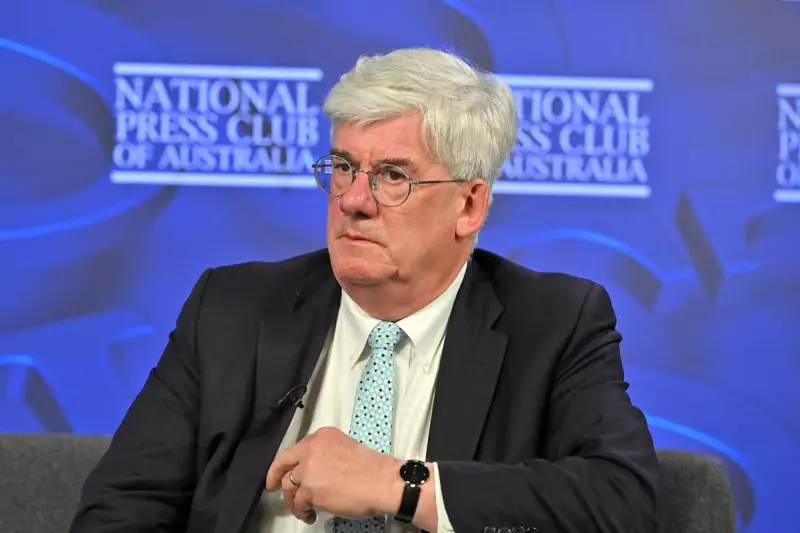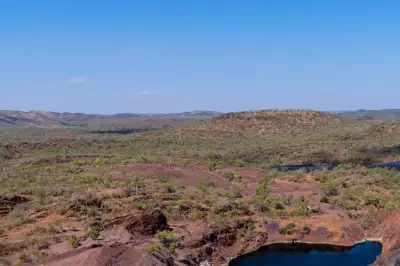
A major economic controversy is rocking Australia's political landscape as leading figures clash over Western Australia's contentious GST agreement. The debate has escalated following prominent economist Saul Eslake's critical assessment of the deal, sparking fierce rebuttals from WA business leaders.
The Billion-Dollar Dispute
At the heart of the conflict lies Western Australia's unique GST arrangement, which guarantees the state returns no less than 70 cents for every dollar of GST revenue raised. Eslake argues this special treatment creates an uneven playing field, suggesting other states are effectively subsidising WA's budget surplus.
However, Tourism Council WA chief executive Bradley Woods has launched a robust defence of the current system. "The analysis fundamentally misreads Western Australia's economic reality," Woods states, pointing to the state's massive contribution to national prosperity through mining exports.
Mining Royalties: The Untold Story
What many commentators overlook, according to Woods, is how WA's resource sector benefits the entire nation. "Western Australia generates billions in mining royalties that flow directly to federal coffers," he explains. "This revenue supports services and infrastructure across all states and territories, making the GST debate far more complex than simple dollar-for-dollar comparisons."
Why This Matters to Every Australian
The GST dispute isn't just political theatre—it has real implications for:
- National unity: How resources are shared between states
- Economic growth: Whether mining states receive fair compensation
- Public services: Funding for hospitals, schools and infrastructure
- Future investments: Incentives for states to develop their economies
Woods emphasises that without the GST floor, WA would face severe budget constraints despite being the nation's economic powerhouse during the mining boom. "The system recognises that all states benefit from Western Australia's resource wealth," he argues.
The Road Ahead
As the debate intensifies, both sides agree on one thing: Australia's federation funding model needs careful consideration. The challenge remains balancing state autonomy with national interest, ensuring all Australians benefit from the country's collective wealth.
With billions of dollars at stake and political tensions rising, this economic battle shows no signs of slowing down. The outcome could reshape how Australia distributes wealth between states for generations to come.






